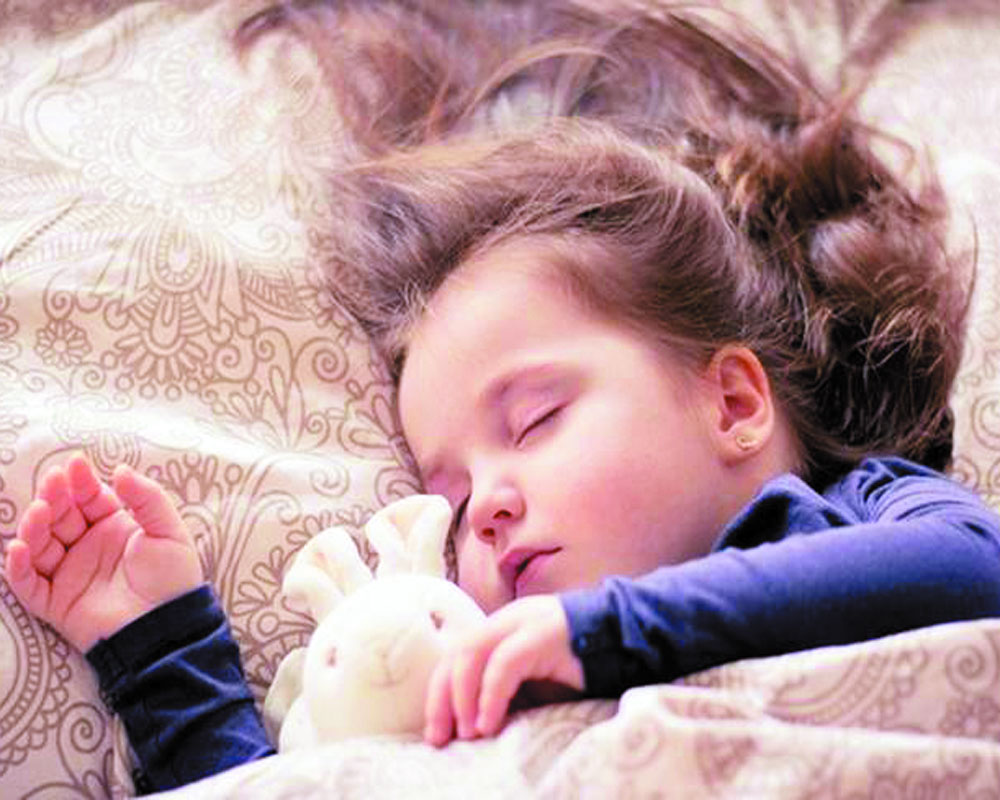A recent study revealed that over 93 per cent of Indians are sleep deprived. By Team Viva
It’s scientifically proven that children who don’t get adequate amount of sleep, develop cognitive and behavioral problems years later. Getting less sleep hurts these cognitive processes in many ways. First, it impairs attention, alertness, concentration, reasoning, and problem solving. This makes it more difficult to learn efficiently. Second, during the night, various sleep cycles play a role in consolidating memories in the mind. If you don’t get enough sleep, you won’t be able to remember what you learnt and experienced during the day. Teenagers are also prone to depression. Lack of sleep can also have negative effects on children’s performance in school, during extracurricular activities and even in social relationships as it plays a critical role in thinking and learning. Conditions like attention-deficit/hyperactivity disorder (ADHD), lack of concentration and high risk of obesity are linked to too little sleep in children. Everyone needs at least nine hours of sleep per night.
A recent study conducted by Godrej Interio revealed that children are one of most sleep-deprived segments in India. They launched the sleep@10 campaign in 2017 that focused on addressing the rising concern over sleep deprivation. It was found that over 93 per cent of Indians are sleep-deprived.
The study is based on the insights sourced from Indians that have taken their sleep test on the sleep-o-meter. Over 3.5 lakh Indians have taken the sleep test and Delhi was found to be one of most sleep-deprived city in India. The study revealed that the problem of not sleeping on time wasn’t only restricted to the adults in Delhi but kids as well wherein only 60 per cent of respondents below 18 years feel drowsy and tired after waking up which shows that sleep deprivation is on a rampant rise among the next generation. Around 45 per cent of the children respondents admitted that ‘screen time’, including television and phone, could be delaying their sleep hours while 41 per cent of the children respondents said they slept after midnight while the ideal time would be around 10 pm.
According to the sleep-o-meter data, respondents between 18-25 age group, 29 per cent go to sleep between 12 midnight to 2 am while 58 per cent rarely sleep at 10 pm which is declared as an apt time for sleeping. Among respondents between 26-54 age group, 36 per cent get less than six hours of shut eye while only eight per cent respondents are able to sleep at 10 pm. For the respondents above the age of 55 years, 41 per cent sleep after 10 pm but before 12 am while 40.4 per cent rarely sleep around that time.
The exam times are stressful not only for children but everyone around them and especially for parents. One of the first steps parents must take to tackle anxiety and stress related to exams is to ensure that children are getting enough sleep. Getting adequate sleep is highly essential during exams as it helps them to focus, retain, and recall information better.


























